Posts
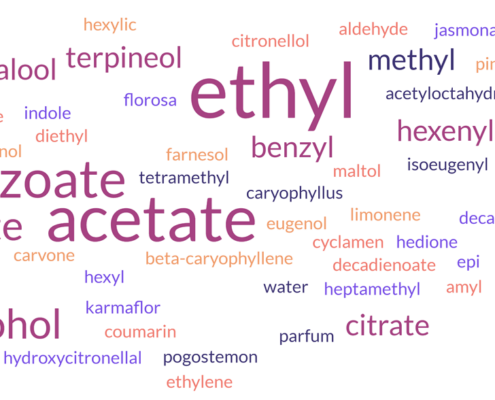
Why are there components with chemical names even in natural perfumes?
"Chemical-sounding" names often indicate you're getting actual natural extracts broken down to their molecular components. On the contrary, vague terms like "parfum" or "fragrance" can conceal what's really inside!
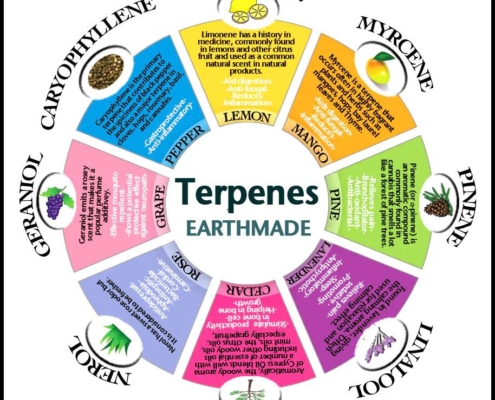
The Role of Terpenes in Natural Fragrances
At the heart of natural scents lie compounds called terpenes. Terpenes are a manifold class of organic compounds produced by a variety of plants, particularly conifers, and are responsible for the distinctive aromas of many herbs and flowers.…
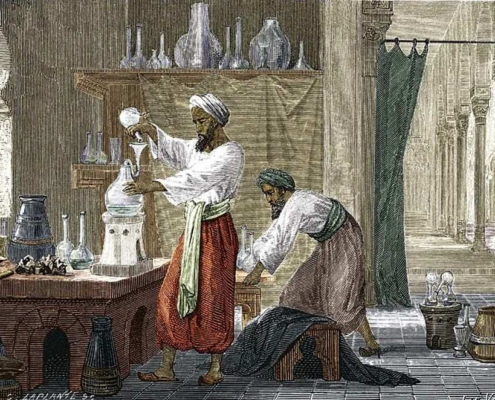
“The Chemistry of Perfume and Distillations” by Al-Kindi
A Guide to the Art of Perfumery
The Life and Legacy of Al-Kindi: A Polymath's Journey
In the vibrant intellectual landscape of the Golden Age of Islam, Al-Kindi emerged as a beacon of knowledge, a polymath whose contributions to various…
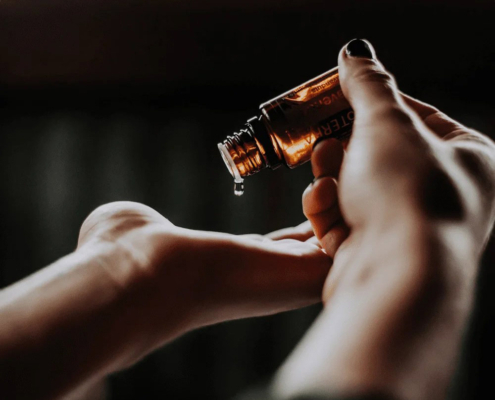
Can You Use Essential Oils on Skin as Perfume?
Essential oils have been prized from ancient civilizations to modern-day wellness enthusiasts for their aromatic properties and therapeutic benefits. By harnessing the natural scents of essential oils, you can create personalized perfumes…
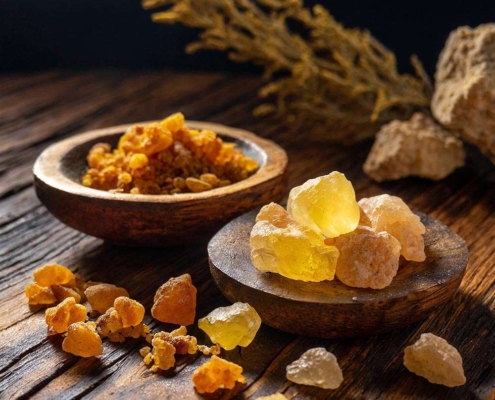
Creating Resinous Perfumes: A Novice Perfumer’s Guide
Resinous perfumes are a category of fragrances composed of various types of resins as a base note upon which the rest of the scents are built. Resins, also known as balms, are thick, sticky, viscous substances exudated from trees. When resins…
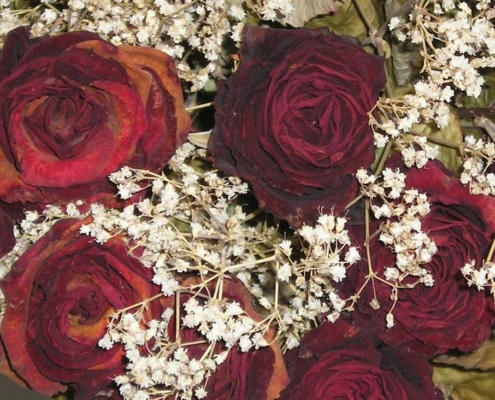
Perfume Aging: How Time Affects Natural Fragrances
Explore how aging influences the scent profile of natural perfumes and get tips for proper storage
Time affects natural fragrances in several ways, including color and scent profile changes, shelf life, climate change, and storage. The chemical…
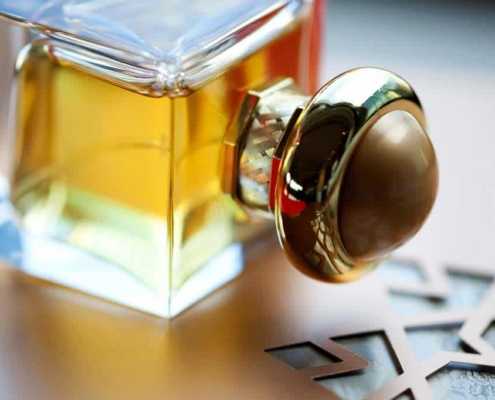
A New Ethical Standard Towards Perfume Consumers
The ECLIP List
Fragrantica interview with AbdesSalaam Attar
by Naheed Shoukat Ali 08/30/11 12:17:00
For most people the only factor that determines their purchase of a perfume is that they like the smell of it. However, more people every year ask…
The ECLIP List
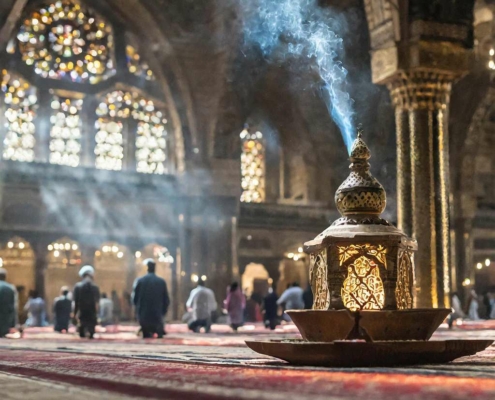
Agarwood in Holy Scriptures
Agarwood, also known as Oud, Aloeswood, and Gaharu, has been revered for centuries for its rich, woody aroma and spiritual significance. This highly prized resinous heartwood forms in the Aquilaria tree when it becomes infected with a specific…
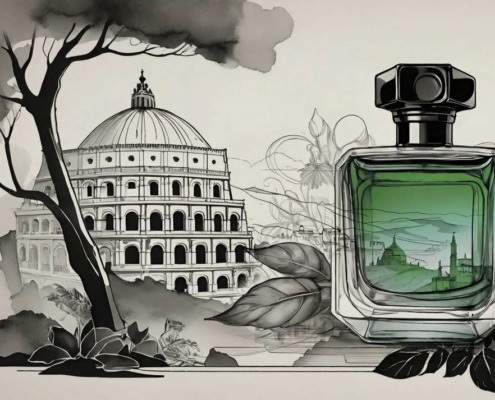
Italian Perfumery History
From personal scents to other cosmetics to home decor and air fresheners, perfumes are found almost everywhere today, in one form or another. The history of perfume has long roots in Italy. While France is known for the highest production…
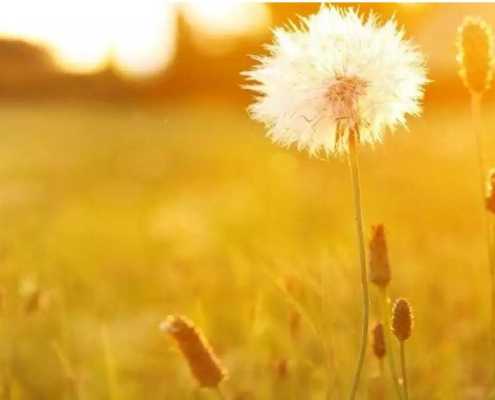
Natural Perfumes for Summer
Traditionally, summer perfumes are soft and lighter citrus notes, light spices, flowery smells, and herbs where in contrast, winter perfumes are strong and heavier with notes like musk, cedar, leather, and heavier spices. Instead of choosing synthetic fragrances from your local department or fragrance store that may have some potential adverse effects on your body and mind, consider choosing our natural perfumes that are citrusy, floral, and absolutely emulate the smells of summer.
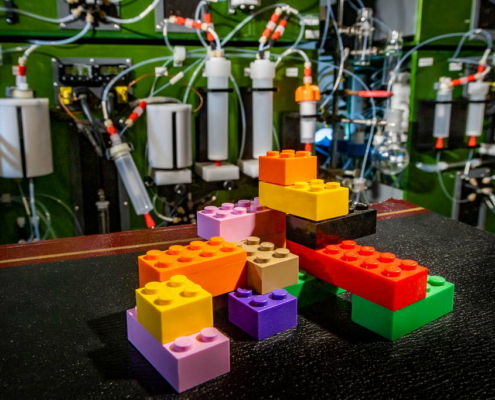
Are There Perfumes Without Chemicals?
Chemicals can be naturally occurring or man-made. We will need to differentiate between man-made synthetic chemicals, that are found to be toxic and harmful, and those yielded from natural origins, that are found to be environment friendly, as well as beneficial for human well-being.

Natural vs. Synthetic Perfumes: Which is Better for the Environment?
When it comes to personal fragrances, we often focus on scent profiles and how a perfume makes us feel. But have you ever stopped to consider the environmental impact of your signature scent? As sustainability becomes an increasingly important…
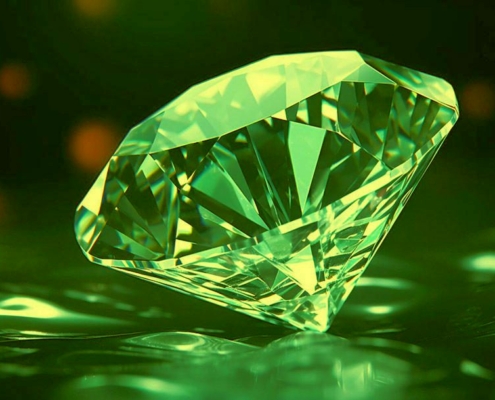
The Rarest and Most Precious Perfume Ingredients in the World
Have you ever wondered why some perfumes command such high prices while others are more affordable? While it's easy to assume that expensive fragrances are made with luxurious or high-quality raw materials, the reality is more nuanced. The…
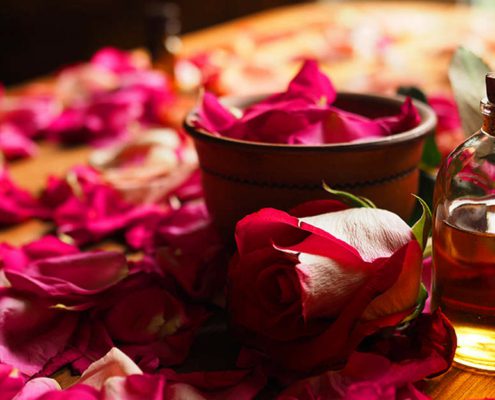
How Rose Essential Oil is Made
Rose essential oil is a luxurious and highly sought-after product, cherished for its enchanting aroma and numerous therapeutic benefits. This article delves into the intricate process of creating rose essential oil, from harvesting the delicate…
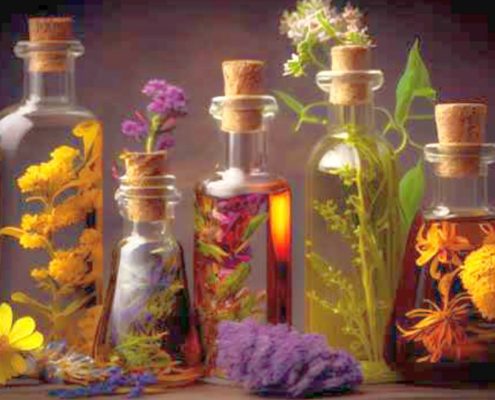
The Antiseptic and Antibacterial Properties of Essential Oils: Nature’s Potent Healers
In a world increasingly leaning towards natural and holistic approaches to health, essential oils stand out for their remarkable therapeutic benefits. These concentrated plant extracts, known for their aromatic qualities, have been used for…

The Dark Side of ‘Clean Perfumes’: another Fragrant Deception
Many clean perfumes are marketed as being composed of natural ingredients. However, the reality is far from what is portrayed! Many clean perfumes still contain a significant amount of synthetic ingredients, albeit in smaller quantities compared to traditional perfumes. These synthetic chemicals are often used together with a small amount of natural fragrances, giving the illusion of naturalness.
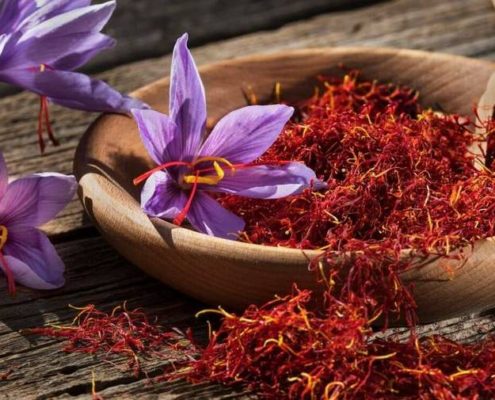
Saffron Perfume – Odor, Properties, Distillation and History
In the world of perfumery, where scents weave tales of beauty, mystique, and memory, few ingredients possess the enigmatic charm of saffron. This cherished spice, hailed for its distinct flavor in culinary arts, also boasts a captivating…
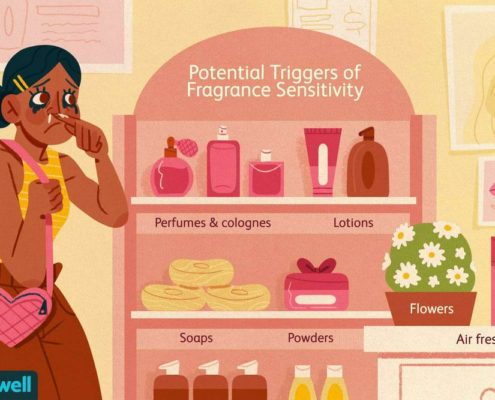
Perfume-Induced Asthma: Understanding Triggers, Symptoms, and Prevention
Various fragrances and scented products can act as triggers for perfume-induced asthma. Some common triggers include perfumes, colognes, body sprays, scented lotions, air fresheners, and cleaning products. It's important to note that not all fragrances will affect every individual with asthma, as sensitivity can vary.

Natural Perfumes for a Longer Life
Natural perfumes are not only able to provide pleasant scents but also possess various medicinal properties, which can be used to promote a person’s physical, mental, and emotional health. But it’s important to choose only products that are purely natural and don’t contain any kind of artificial materials. Only then, they can help you live a long, healthy life.
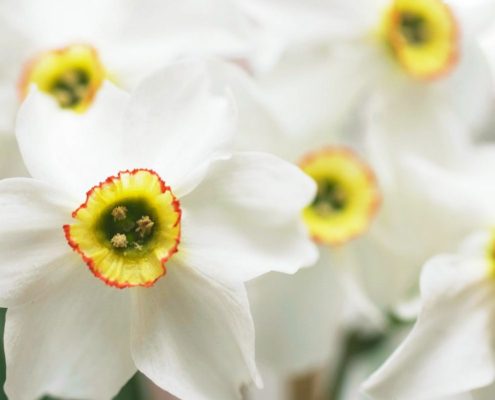
Narcissus Perfume
Although the term narcissus originated from the same Greek word that roots the term narcotic, narke, which means “to be numb”, it’s not the narcotic properties that brought such fame for narcissus perfume, but rather the powerful mesmerizing…

Natural isolates in perfumery
While isolates provide huge opportunities for perfumers to show up their creativity in an extreme extended manner, they might be a concern for perfume users if not created following really natural means.
The term “natural isolates” became…
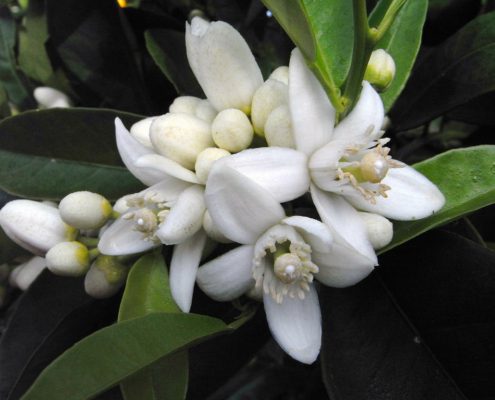
Neroli Perfume – Properties, Distillation, and History
Neroli perfume represents a surprising harmony of citrus and floral with unique hints of spices and honey although delicate, distinctive, and utterly refreshing. Neroli is one of the most widely used ingredients in natural perfumery. It tells a unique story, not only about each person who wears it but also about the long history of perfume.
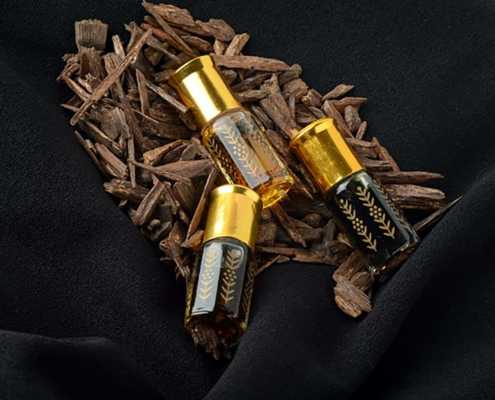
Oud Attar
The exquisite and complex scent of oud is intriguing and rare, and certainly, a precious gift of nature that is able to create a unique olfactory experience that evokes a sense of majesty, opulence, and supreme luxury. Oud is derived from agarwood, the resinous dark heartwood of a rare tropical tree called aquilaria native to the dense forest areas of India and some other parts of Southeast Asia.
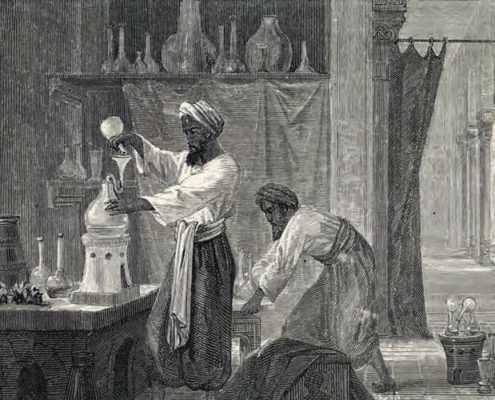
History of Perfume
Different cultures around the world prepared and used perfumes in many different interesting ways throughout history. Perfumes were expensive and used by the upper classes to distinguish their nobility. Perfume originated from Western Asia and was further refined by the Arabs, Persians, and Romans and eventually reached the West.
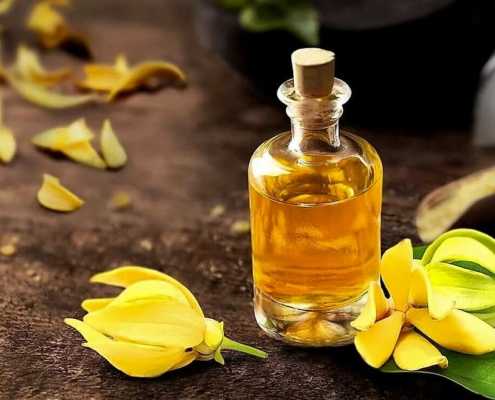
Ylang-ylang – Properties, Distillation, and History
Ylang-ylang oil has strong anti-inflammatory, antifungal, and antibacterial properties. These actions help alleviate fungal infections and symptoms of malaria.
Ylang-ylang has long been used for a range of therapeutic purposes. Modern scientific research has also substantiated many traditional benefits.
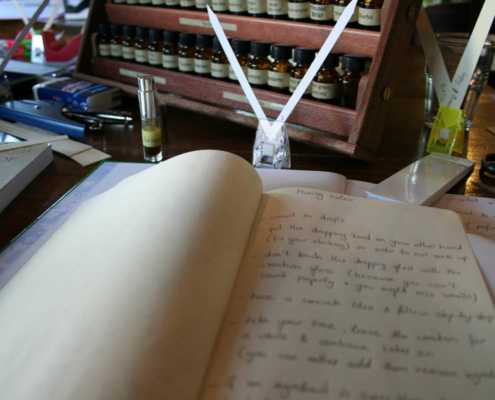
Custom Perfume – Your signature scent
Have you ever dreamt of wearing a perfume that is composed only for you entirely on your bespoke request and nobody else wears? If yes, then a custom perfume is the only solution that provides you advantages to compose your distinct signature…
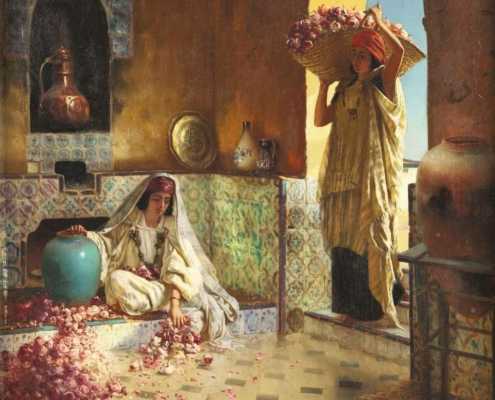
The Art of Perfumery – History and spirituality
Perfumes have been closely linked with human civilizations for thousands of years and the art of perfumery is continuously evolving over time since its origin. In ancient times they were associated with various aspects of life including spiritual,…
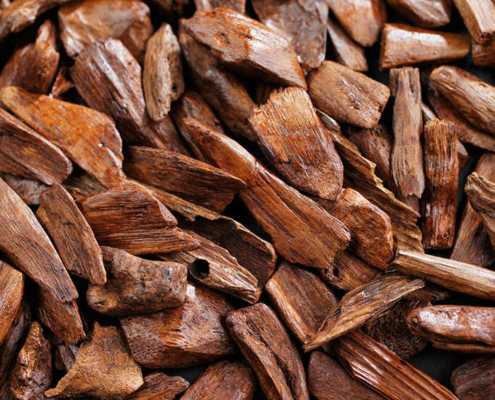
How Oud Perfume is made
Only a mature fungal infection can produce high-quality agarwood and trees that are more than 50 years old have the desirable ability to produce superior quality agarwood. Even though the infection occurs in a tree as early as 5 to 6 years of age, it takes around 10 years in total to produce good quality agarwood. Besides, many countries consider these old wild trees as threatened species.
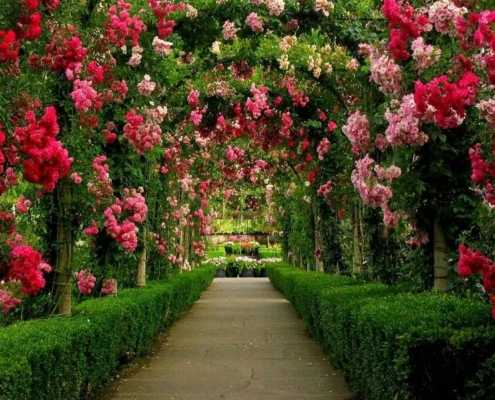
Botanical Perfumery
Botanical perfumery is the art of blending fragrance ingredients of botanical origin such as roots, flowers, seeds, resins, and gums to prepare aesthetically pleasing herbal fragrances. In Medieval Europe, fragrant botanical oils became popular for wellbeing and healing, which meant that the professions of physicians or apothecaries and perfumers became closely intertwined.

Essential Oils for Headaches
Essential oils offer a more effective and safer way to get rid of headaches without using medicines that often come with many unpleasant side effects. The best part of essential oils is that they not only reduce the symptoms of headaches but also help to address the underlying root of the issues causing the headache.
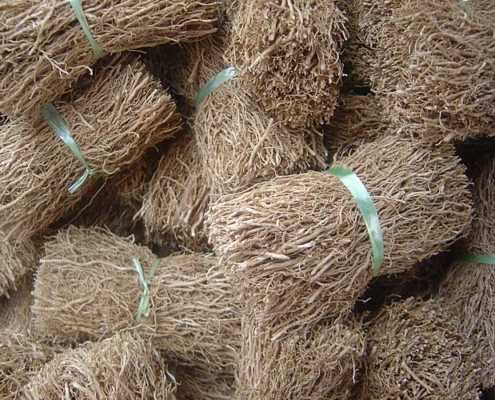
Vetiver Perfume: Properties, Distillation, and History
Vetiver oil acts as a natural antioxidant that may help reduce a wide range of inflammations. It also shows antiseptic actions that can help eliminate and inhibit the growth of invasive bacteria.
The vetiver oil is also used in messages to improve circulation, metabolism, and digestion. It naturally alleviates muscular aches and soothes joint stiffness and pain.
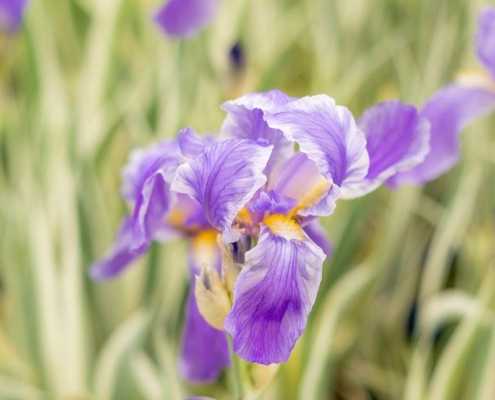
Iris Perfume – Properties, Distillation, and History
Iris perfume, also known as orris perfume, is among the most loved perfume notes for both men as well as women. Iris perfumes are made from iris butter, which is one of those legendary perfumery substances in the world – exclusively beautiful and extraordinarily expensive.
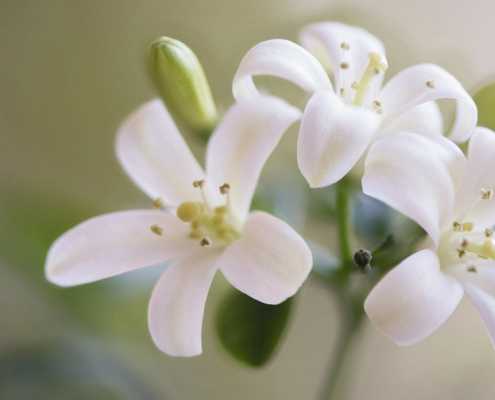
Jasmine Perfume – Properties, Distillation, and History
Jasmine perfume oil has diverse uses and benefits, making it one of the most expensive natural oils in the world. About 1 million flowers are required to produce 1 kg of jasmine absolute. Jasmine, popularly known as "the Queen of the night", helps to maintain emotional balance by promoting euphoric and peaceful feelings.
Jasmine helps to alleviate stress and anxiety without producing any sedative effects. Therefore, it’s also useful in reducing inflammatory conditions caused by emotional stress.











